CONSERVATION CORNER
A weekly blog for all things conservation
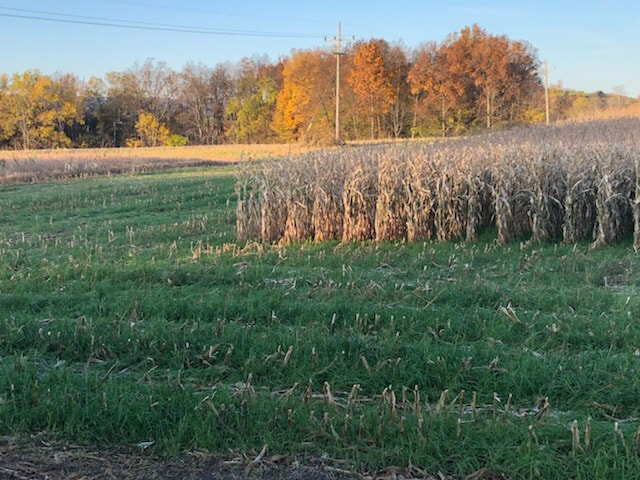 By: Kevin Brown, Agricultural Resource Specialist, Bradford County Conservation District If you have, or intend to, plant cover crops, please read this column. We all hear the benefits touted about cover crops- less erosion, having a living plant in the ground at all times, alleviating compaction, retaining nutrients for the next crop, giving food and shelter to microbes in the soil, and so on. It is a great list and will do some miraculous things to the soil. Try it on a limited basis, if you haven’t already. Then get a shovel out and really look at what happened. There are some benefits that definitely go with cover crops. However, there are some things you should know beforehand that really can affect how those cover crops grow. We have two years under our belt now with our highboy planter. It has been a couple really wet years, so they haven’t been the best, but we have learned some interesting things that I think need to be shared. They are things that I have NOT heard in any other cover crop presentation. It’s like, “plant them and life will be good”. Well, not here. We have really struggled to get some good crops growing, but with the lessons learned, I think that will change.
4 Comments
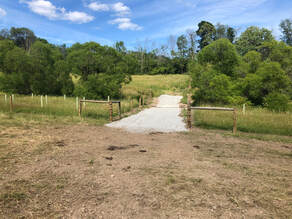 By: Kevin Brown, Agricultural Resource Specialist, Bradford County Conservation District There was a joke in school back in my day that went like, “Do you know how to keep a person in suspense? I will tell you later”. Well, I told you I would help you pay for some of these conservation practices, most notably fencing out streams, in the next column and yet I didn’t. I was keeping you in suspense. Miranda had such a good article that I just had to let her go first. I would like to remind you that even though we here at the District may be doing it for other reasons (clean water, and who wants that?), the real reason to do any of this is for the animals themselves. The happier they are, the faster they grow (for production), and the more they will love us back. 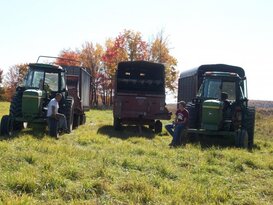 By: Miranda Neville, Agricultural Resource Specialist Every spring all of the farmers I know start to get super antsy and excited to get planting done, only to roll right in to hay season (or whatever crops they grow), then followed immediately by corn harvest in the fall. There is no time for breaks, just a lot of racing to beat the next rainstorm and praying for good summer sun. When they’re planting those seeds, they are planting hope; hope for the future, but it’s important not to forget to take some time every now and then to admire the present moments. 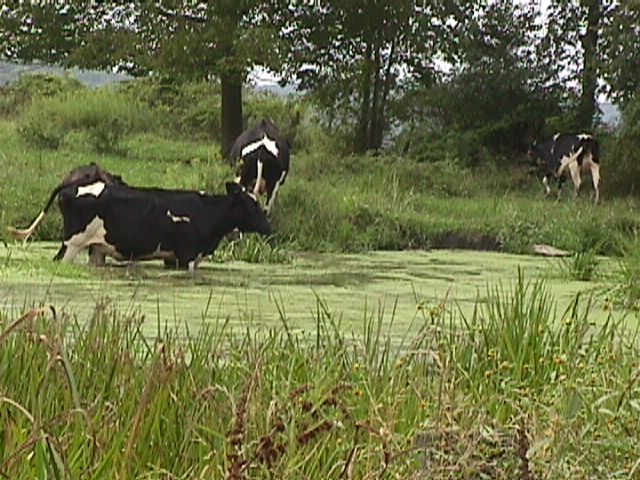 By: Kevin Brown, Agricultural Resource Specialist, Bradford County Conservation District Most animal owners that I know of have animals for one reason. “They enjoy them”. Plain and simple. No matter the species, people love their animals and caring for them brings great comfort. Had a bad day at work, go visit your animals. Been cooped in for 6 months because of COVID (Yep, I just did that. Can’t have a conversation without anymore), go visit your animals. They just make you feel better. It is relaxing and uncomplicated. We hear about “comfort pets” all the time on TV. They just have that effect. Now, because they make us feel so much better, and we love them so much, doesn’t it make sense to do what is right for them? Shouldn’t we show them a little gratitude? How do I propose you do that? I am sure there are the common ways that you are thinking (petting, treats/grain, riding them, etc.). Let me bring up an area that one probably never thinks of - their surroundings. Their day-to-day life. Bear with me and let me explain. 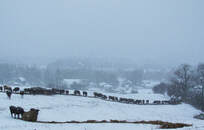 By: Guest Columnist, Troy Bishopp, Grazing Specialist, Upper Susquehanna Coalition It’s amazing how ignorant I have been in following the tradition of feeding hay to my animals. Once you’re in this agricultural paradigm for so long it’s hard to break the cycle of thinking. It wasn’t until I actually looked at my farm’s displaced fertility levels from a nutrient management plan that I started to question my hay feeding practices and the labor it took. |
AuthorsVarious staff at the Bradford County Conservation District Archives
April 2024
Categories
All
|
